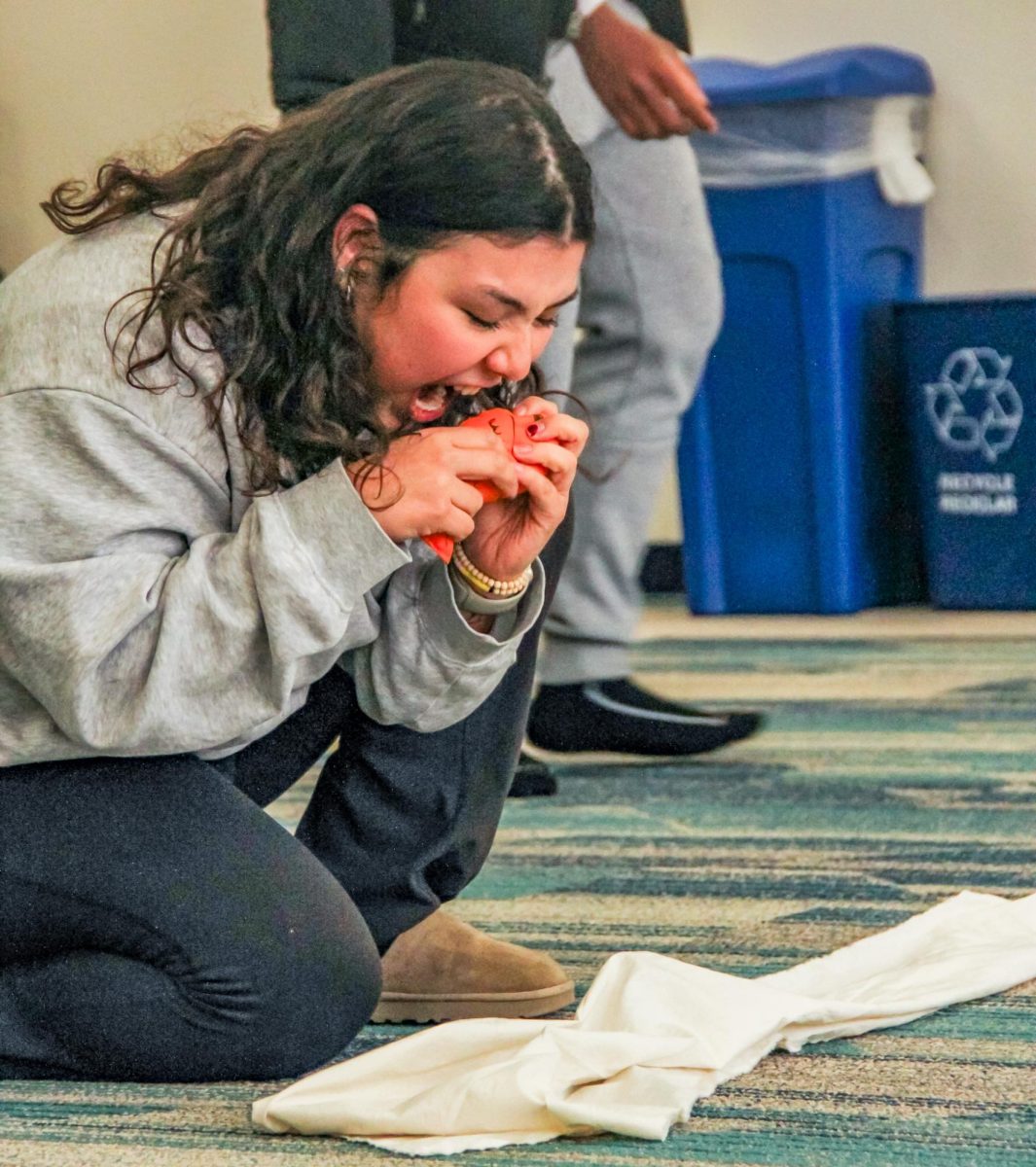By Devin Simkins/reporter
Health experts explain coffee’s pros and cons
Coffee — a student’s main staple for increasing energy, focusing in class and studying for tests.
“I had three cups of coffee to stay awake when I was studying for a test one time,” NW student Gina Guzman said. “I drink coffee probably six days a week.”
TR Campus has its own coffee bar, and manager Dean Combs said business is fairly steady throughout the day. There is not a particular time students want coffee. It’s an all-day need.
“Sometimes, students have just been in class and want a break,” Combs said. “We do see recurring faces sometimes in one day.”
Students say they need the extra boost to keep them awake throughout the day, and health experts say it can have positive effects.
“Coffee and caffeine are both a mental stimulant, which can help with alertness and attention span,” Baylor Health’s registered dietitian Laura Bartee said. “For students who are studying or may need to be extremely mentally engaged, coffee and caffeine can aid in cognitive capacity.”
Besides helping with mental focus, coffee can also help reduce risks in diabetes, colorectal cancer, gallstone disease and Parkinson’s, she said.
Students also run into health concerns with their coffee habits.
“Too much can make you jittery, cause upset stomach and sleeplessness,” SE health services coordinator Elizabeth Lowry said.
Some risks can be more serious when consumed frequently or in high amounts.
“Frequent consumption of coffee and caffeine can cause dependence and lead to headaches and withdrawal symptoms when not consumed regularly,” Bartee said. “Coffee and caffeine may worsen symptoms of migraines, insomnia, gastroesophageal reflux disease and heart conditions.”
Students can replace coffee with other actions and still get the energy they need. Instead of drinking coffee, students could get adequate hours of sleep at night and maintain a well-balanced diet with moderate exercise, Lowry said.
Bartee recommended green tea as an alternative.
“Green tea is an excellent source of caffeine and offers many health benefits beyond coffee,” she said. “Due to the lower caffeine content of green tea, green tea will again contribute to and increase mental focus and alertness, however, can be consumed in larger amounts than coffee.”
The truth is most students will keep drinking coffee daily no matter what. Bartee encourages students to match their coffee intake with water intake to maintain hydration every day. It all has to be done in moderation.


























